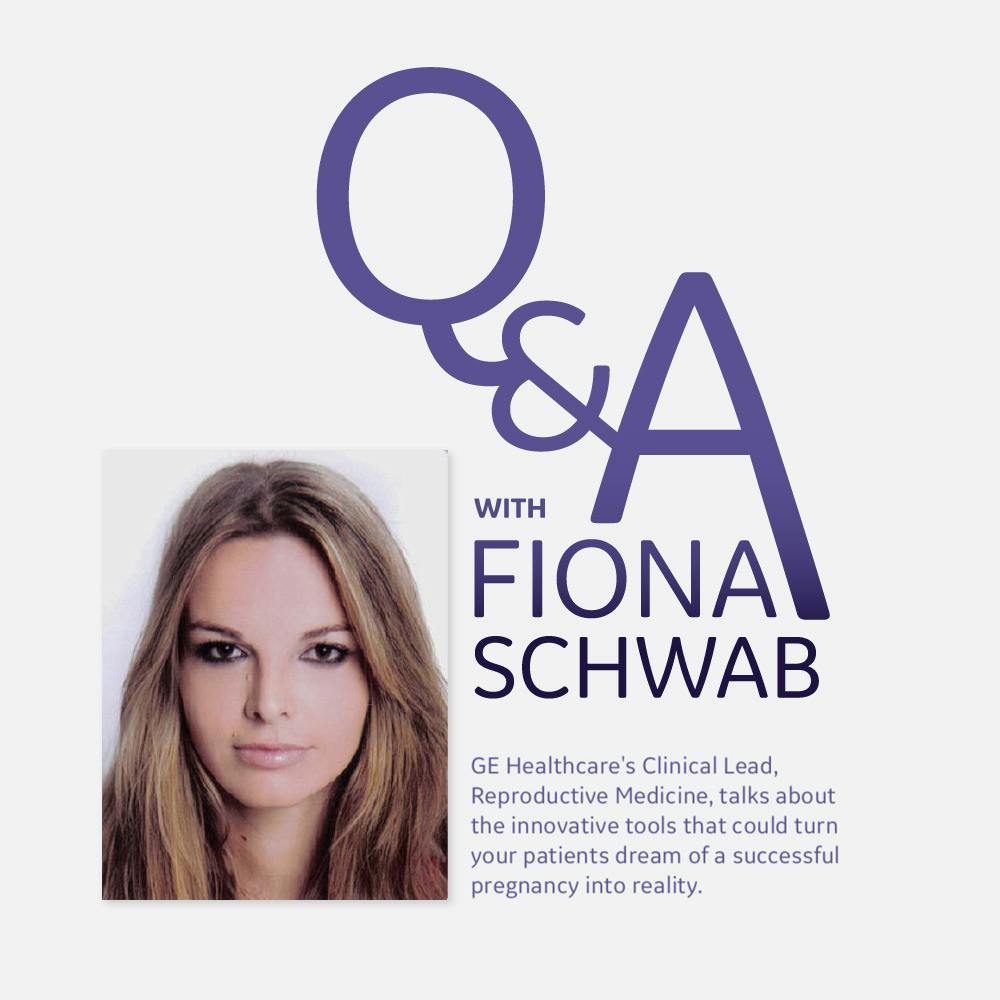Over the course of a lifetime, one out of every eight women will develop an invasive form of breast cancer. Doctors often recommend exploring fertility preservation options such as cryopreserving ovarian tissue before beginning breast cancer treatment.
But many women worry about the combination of assisted reproductive technology (ART) and breast cancer. They may wonder how cancer treatment may affect their fertility, and whether fertility treatment can cause the cancer to worsen or return. Even though some studies have shown a link between ART and increased breast cancer risk — more so for women aged 40 and older, and those in their mid-to-early 20s — their results are conflicting, and further research is needed. Multiple reputable studies have disproved the idea that there's any link between IVF and breast cancer whatsoever.
With all of this mixed evidence out there for your patient to take in, it's important to be as clear and honest as possible when discussing IVF and breast cancer history.
The Role of Estrogen in Breast Cancer
The relationship between estrogen, pregnancy and breast cancer is complex. Estrogen plays a key role in a person's ability to conceive and maintain a healthy pregnancy. However, high estrogen levels may also contribute to the development of certain types of estrogen receptor (ER) positive breast cancers. Many fertility specialists recommend estrogen supplementation during standard IVF cycles to increase the likelihood of successful conception, so it's crucial that your patient understands all the risks when considering IVF so they can make the best reproductive decisions for themselves and their families.
A typical IVF cycle uses fertility drugs derived from two hormones: follicle stimulating hormone (FSH) and luteinizing hormone (LH). When used during an IVF cycle, these hormones promote the release of multiple mature eggs from the ovaries. While these drugs are generally very effective, it's important to note that they work by boosting the body's estrogen levels, which doctors should keep a keen eye on.
In many cases, estradiol — an estrogen supplement — is prescribed to stimulate thickening of the uterine lining before embryos are transferred into the uterus. Estrogen supplements may be prescribed for as many as 12 weeks to ensure the uterine lining is as thick as possible.
Understanding the Research
Do prolonged high levels of estrogen during IVF treatment automatically mean a woman will develop breast cancer? Does it mean her chances are greater if she's already had breast cancer? The answer, unfortunately, isn't straightforward.
One 2016 study concluded that the breast cancer risk of women who underwent IVF was not significantly different than that of the general population; women who completed seven or more IVF cycles were at a significantly lower risk for developing breast cancer compared to women who completed only one or two IVF cycles. Another study established that certain subpopulations of women were more likely to develop breast cancer after IVF, including women who took the estrogen modulator clomiphene, women who remained nulligravid and women who underwent IVF at a young age. However, this study had a limited sample size, and further research is needed.
It's important to keep in mind that infertility itself is a known risk factor for breast cancer. Given this information, what should you recommend to your patients with a previous history of breast cancer?
Weighing the Risks and Benefits of IVF
ART offers hope to many women who are looking to get pregnant, and it's a method that women battling breast cancer may still want on the table after their treatment is finished. That's why it's critically important to be transparent with your patients about IVF and breast cancer risks and to keep their unique health status in mind.
When discussing IVF, present the facts — as we know them — to your patients. Make them aware of the available screening tests that can detect possible breast changes early in the duration of IVF cycles. If your patient has already had breast cancer and decides to move forward with IVF after finishing treatment, remind them that screening examinations, including 3D ultrasound, can be vital in diagnosing new or growing breast masses.
Discussing IVF and breast cancer risks with your patient can be challenging. Much of the evidence points to no significant increased risk for women undergoing fertility treatments, even in those with a history of breast cancer. There's no reason why doctors shouldn't recommend IVF to cancer patients looking to expand their families. Position yourself as a helpful guide for those considering the procedure and answer any questions they may have along the way. Assure them that their breast health will be closely monitored should they choose to take the leap.




